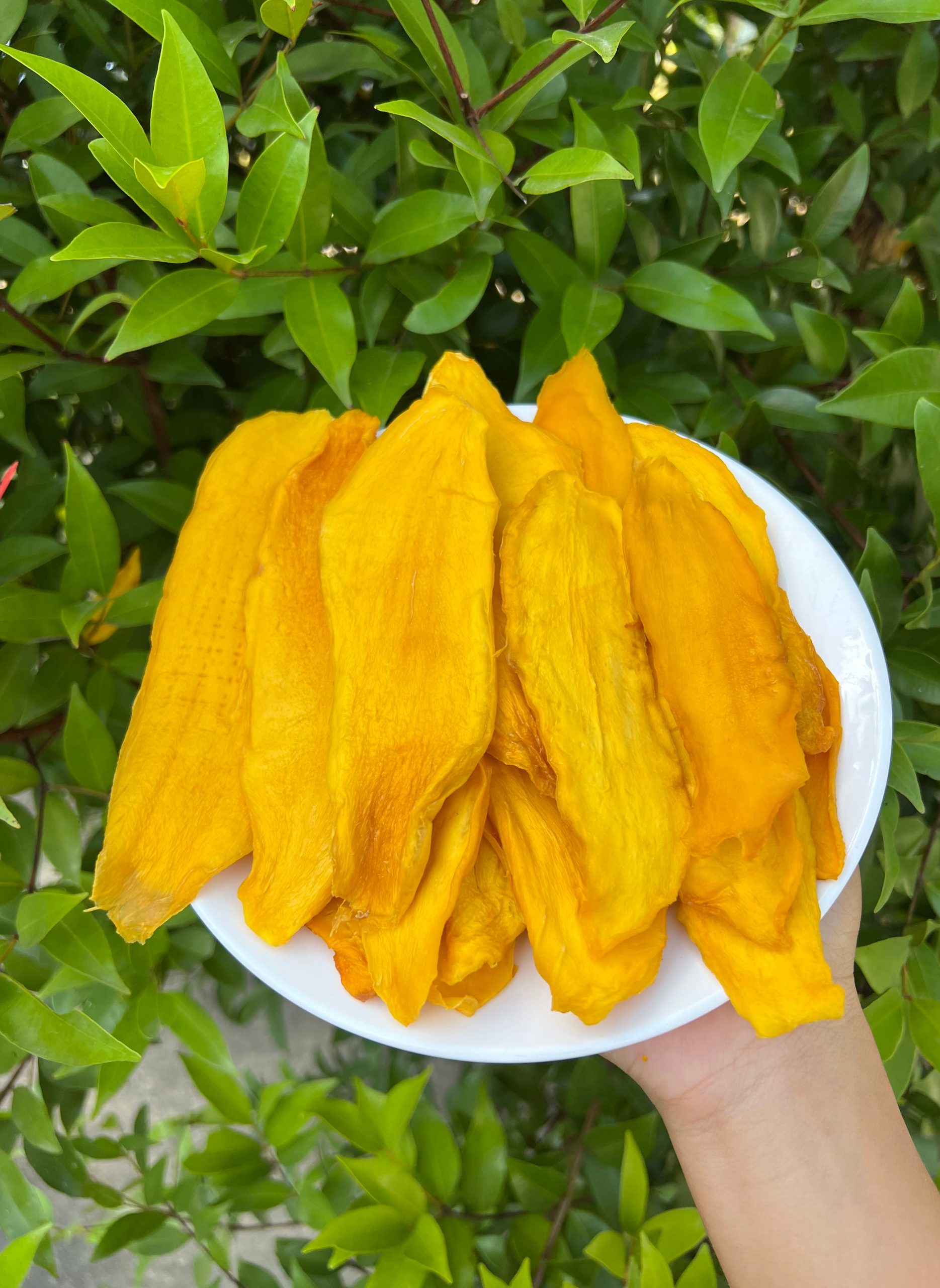Savoring the Sunlight: Nutritional Advantages of Dehydrated Mango
The mangoes, frequently hailed as the monarch of fruits, bring not only a splash of exotic flavor to our senses but also a wealth of nutritional benefits. When these juicy fruits are dehydrated, they convert into the tasty treat known as dried mango. This convenient snack retains many the essential nutrients found in fresh mango, making it an outstanding addition to any healthy diet. As we dive into the universe of dried mango, we’ll explore the factors why this sweet, tender treat deserves a prominent place in your kitchen.
One of the primary advantages of dried mango is its enhanced nutritional profile. Unlike numerous other snacks, dried mango is filled with vital vitamins and minerals. From vitamin A, which supports eyesight and immune health, to dietary fiber that helps digestion, the benefits of munching on this delicious fruit extend far beyond its taste. Whether you are taking a handful on the go or mixing it into recipes, knowing that you are fueling your body with nature's wholesomeness makes dried mango a truly fulfilling choice. As we learn more about the benefits it offers, it becomes apparent why dried mango is a staple in numerous households and a well-liked product in dried mango factories around the planet.
Perks of Dehydrated Mango
Dehydrated mango is not only a yummy snack and a rich source of essential nutrients. A key of the health benefits is its elevated vitamin level, particularly vitamin A. This nutrient plays a crucial part in maintaining good vision, immune function, and skin health. By incorporating dehydrated mango into your diet, you can help that an adequate supply of this vital nutrient.

In addition to A vitamin, dried mango contains significant amounts of vitamin C, which is famous for its free radical-fighting properties. Antioxidants help protect the body from oxidative stress and free radical damage, supporting overall health. Eating vitamin C-rich foods like dehydrated mango can enhance your immune system, aid in wound healing, and enhance skin texture by promoting collagen production.
Additionally, dried mango is a good source of dietary fiber. Fiber is important for gut health, as it aids in maintaining consistent bowel movements and prevents constipation. Including fiber-rich foods in your meal plan can further help with weight management, as fiber encourages a feeling of fullness. With its delicious taste and nutritional benefits, dried mango makes for an ideal snack choice from a dried mango factory , providing both flavor and health benefits.
Nutritional Value
Dehydrated mango is not just a tasty nibble but also loaded with vital nutrients. It is a substantial source of nutrients, particularly vitamin A which is crucial for maintaining optimal vision, skin, and immune function. One serving of dehydrated mango can deliver a considerable portion of the recommended allowance of this important nutrient. Additionally, it contains various noteworthy vitamins such as vitamin C, which supports to immune health and skin health.
In terms of mineral content, dried mango offers potassium and magnesium, and magnesium, both of which both play important roles in cardiovascular health and muscle health. Potassium helps control blood pressure and reduces the risk of stroke, while magnesium supports energy metabolism and bone health. Incorporating dehydrated mango in your nutrition can help you fulfill your mineral needs while satisfying your sweet tooth.
The dietary fiber content in dried mango is another noteworthy benefit. Fiber aids in digestive health, helps maintain optimal cholesterol levels, and promotes a feeling of satisfaction, which can assist in maintaining a healthy weight. With its combination of nutrients, minerals, and fiber, dehydrated mango not only provides a fast energy boost but additionally contributes to overall health and well-being. Its nutritional advantages make it a worthwhile addition to a balanced diet, whether enjoyed on its own or as part of various dishes.
Manufacturing Process of Dried Mango
This process of dehydrated mango begins at the orchard, where the ripest mangoes are harvested. Optimal tropical conditions contribute to the growth of delicious and succulent fruits, which are selected based on their grade and ripeness. Once picked, the mangoes are cleaned thoroughly to remove any contaminants or impurities before moving to the cutting stage. This initial preparation is vital as it impacts the consistency and taste of the end product.
After cleaning, the mangoes are sliced into consistent pieces to ensure even dehydration. This slicing is typically done using specific machinery made for precision. The thickness of the slices can affect the dehydration time and the intensity of flavors. Following slicing, the mango pieces are exposed to a drying process, which can vary between techniques such as sun drying, air dehydration, or utilizing drying machines in a dried mango factory. Each method has its pros and cons, affecting the nutritional content and flavor profile of the final product.
Finally, the dried mango pieces are packaged for shipping. Quality assurance procedures are implemented to verify for humidity content and ensure that the dried mango retains its bright color and flavor. Proper containering is essential to preserve its quality and lengthen shelf life. With careful attention to each step of the manufacturing procedure, dried mango becomes as a tasty and nutritious snack that reflects the essence of the tropical fruit.